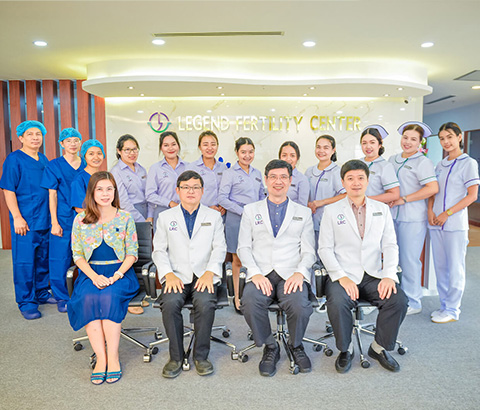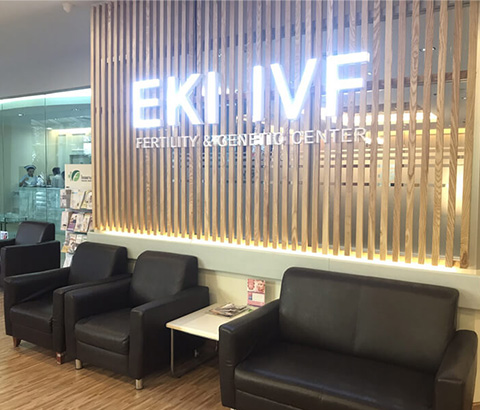IntroductionIn recent years, Thailand has become a popular destination for couples seeking in vitro fertilization (IVF) treatment. With its advanced m
Introduction
In recent years, Thailand has become a popular destination for couples seeking in vitro fertilization (IVF) treatment. With its advanced medical technology, experienced fertility specialists, and affordable costs, Thai IVF implantation has attracted couples from all over the world. However, one challenge that couples may face is the language barrier. To address this issue, this article will provide a comprehensive guide on the translation of Thai IVF implantation, ensuring couples can fully understand and navigate the process.

The Process of Thai IVF Implantation
1. ConsultationBefore undergoing Thai IVF implantation, couples will first have a consultation with a fertility specialist. During this initial meeting, the couple's medical history, previous fertility treatments, and any specific concerns will be discussed. It is crucial for the couple to fully understand the information provided during this consultation, and therefore, having a reliable translation is essential.
2. Medical ExaminationsFollowing the consultation, various medical examinations will be conducted to assess the couple's reproductive health. This may include blood tests, ultrasounds, and semen analysis. It is vital for couples to comprehend the results of these examinations accurately, as they will determine the appropriate course of treatment. Hence, having accurate translations of medical reports and test results is crucial.
3. Hormone Stimulation and Egg RetrievalThe next step in Thai IVF implantation is hormone stimulation and egg retrieval. The woman will undergo hormone injections to stimulate the ovaries to produce multiple eggs. These eggs will then be retrieved through a minor surgical procedure. The translation of instructions regarding hormone injections and the egg retrieval process is crucial for the couple's understanding and cooperation.

4. Insemination and Embryo DevelopmentAfter the eggs are retrieved, they will be fertilized with the partner's or donor's sperm through insemination. The embryos will then be cultured in a laboratory for several days until they reach the desired stage of development. The couple should fully comprehend the instructions for post-insemination care and be aware of the progress of their embryos. Accurate translation ensures that the couple can actively participate in decision-making regarding embryo transfer.
5. Embryo Transfer and ImplantationThe final stage of Thai IVF implantation is the embryo transfer and implantation. The developed embryos will be transferred into the woman's uterus. It is crucial for the couple to understand the recommended number of embryos to transfer and the process of embryo transfer. The translation of post-transfer care instructions is also essential for the couple's well-being and successful implantation.
The Importance of Accurate Translation
Accurate translation is vital throughout the entire process of Thai IVF implantation. It ensures that couples fully understand the medical procedures, test results, and instructions provided by the fertility specialists. Miscommunication or misunderstanding can lead to unnecessary stress, confusion, or even medical complications. Therefore, seeking professional translation services that specialize in medical terminology and fertility treatments is highly recommended.
Conclusion
Thai IVF implantation offers hope to couples struggling with infertility, providing them with a chance to fulfill their dream of having a child. However, the language barrier should not hinder the couple's understanding and engagement in the treatment process. By ensuring accurate translation of medical information, couples can confidently navigate the journey of Thai IVF implantation, knowing that they have the knowledge and support they need to achieve success.





















 試管微信
試管微信
